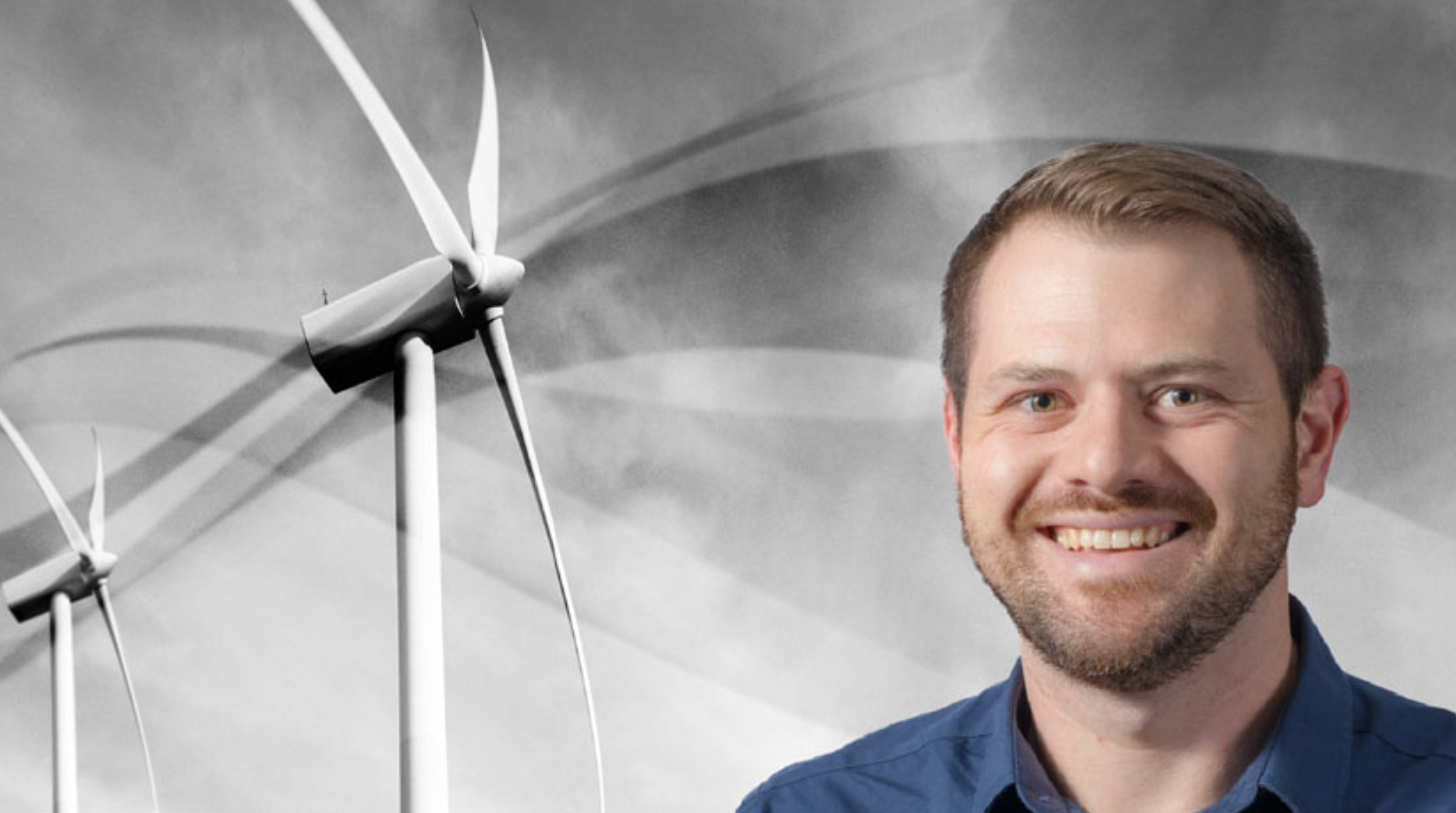Sign up for daily news updates from CleanTechnica on email. Or follow us on Google News!
I didn’t want to write this article. It has been on my to-do list, but it is so troubling, and dire, and strange that I wanted to ignore it. Part of my daily routine is to read the US edition of The Guardian, which in my opinion does the best job of any international news organization of covering environmental issues and climate science. Many of the stories I find on The Guardian become the basis of articles for CleanTechnica.
Recently, The Guardian reached out to every lead author or review editor of IPCC reports since 2018 — 843 people in all — to ask them how the fight against global heating was going. 380 people responded. The IPCC reports are the gold standard assessments of climate change, approved by all governments and produced by experts in physical and social sciences. The results show that many of the most knowledgeable people on the planet expect climate havoc to unfold in the coming decades.
80% of them said they expect global temperatures to rise by at least 2.5º C (4.5º F) above pre-industrial levels this century, blasting past internationally agreed targets and causing catastrophic consequences for humanity and the planet. Almost half anticipate at least 3º C (5.4º F). Only 6% thought the 1.5º C (2.7º F) limit agreed to by virtually all the nations of the world in Paris in 2015 would be met. That target was chosen to prevent the worst of the climate crisis and has been an important guiding star for subsequent international negotiations such as the annual COP climate conferences.
A Semi-Dystopian Future
Many of the scientists said they foresee a “semi-dystopian” future, with famines, conflicts, and mass migration, driven by heatwaves, wildfires, floods, and storms of an intensity and frequency far beyond those that have already struck. Numerous experts said they had been left feeling hopeless, infuriated, and scared by the failure of governments to act despite the clear scientific evidence provided.
“I think we are headed for major societal disruption within the next five years,” said Gretta Pecl, at the University of Tasmania. “[Authorities] will be overwhelmed by extreme event after extreme event, food production will be disrupted. I could not feel greater despair over the future.” Peter Cox, at the University of Exeter, said “Climate change will not suddenly become dangerous at 1.5C — it already is. And it will not be ‘game over’ if we pass 2º C, which we might well do.”
Nevertheless, many respondents said the climate fight must continue, no matter how high global temperature rise, because every fraction of a degree avoided will reduce human suffering. The climate crisis is already causing profound damage to lives and livelihoods across the world, with average global temperatures already at 1.2º C (2.16º F) of global heating on average over the past four years. Jesse Keenan, at Tulane University said, “This is just the beginning: buckle up.” Nathalie Hilmi, at the Monaco Scientific Center, who expects a rise of 3º C, agreed: “We cannot stay below 1.5C.”
The experts said massive preparations to protect people from the worst of the coming climate disasters were now critical. Leticia Cotrim da Cunha, at the State University of Rio de Janeiro, said: “I am extremely worried about the costs in human lives.” Climate policies in effect today mean the world is on track for about 2.7º C of heating, but The Guardian survey shows few IPCC experts expect the world to deliver the huge amount of effort on an international scale that will be required to stay below that number.
The Guardian Finds High Levels Of Pessimism
Younger scientists were more pessimistic than their older peers. 52% of respondents under 50 expect a rise of at least 3º C, compared with 38% of those over 50. Female scientists were also more downbeat than male scientists, with 49% thinking global temperature would rise at least 3º C, compared with 38% of men. There was little difference between scientists from different continents.
The experts were clear on why the world is failing to tackle the climate crisis. A lack of political will was cited by almost three-quarters of the respondents, while 60% also blamed vested corporate interests, such as the fossil fuel industry.
Many also mentioned inequality and a failure of the rich world to help the poor, who suffer most from climate impacts. “I expect a semi-dystopian future with substantial pain and suffering for the people of the global south,” said a South African scientist, who chose not to be named. “The world’s response to date is reprehensible — we live in an age of fools.”
About a quarter of the IPCC experts who responded thought global temperature rise would be kept to 2º C or below, but even they tempered their hopes. “I am convinced that we have all the solutions needed for a 1.5º C path and that we will implement them in the coming 20 years,” said Henry Neufeldt of the UN’s Copenhagen Climate Center. “But I fear that our actions might come too late and we cross one or several tipping points.”
Responses To The Guardian Report
A day after The Guardian report was published, responses from around the world are coming in. “The goal of limiting global warming to 1.5º C is hanging by a thread,” said the official spokesperson for António Guterres, the UN secretary general. “The battle to keep 1.5º C alive will be won or lost in the 2020s — under the watch of political and industry leaders today. They need to realize we are on the verge of the abyss. The science is clear and so are the world’s scientists — the stakes for all humanity could not be higher.”
Alok Sharma, the president of the COP 26 climate summit in 2021, said, “The results of The Guardian survey should be another wake-up call for governments to stop prevaricating and inject much more urgency into delivering on the climate commitments they have already made.” He added that world leaders need to deliver on the pledge they made to transition away from fossil fuels at COP 28 last year.
Christiana Figueres, the UN climate chief who oversaw the landmark 2015 Paris climate deal where the 1.5C goal was adopted, said: “These climate scientists are doing their job. They are telling us where we are, but now it’s up to the rest of us to decide what this moment requires of us and [to] turn the seemingly impossible into the new normal.” She added that the world was on the edge of positive societal tipping points away from fossil fuels. “It doesn’t mean a utopian future — we know too much climate change is already baked into the system — but enormous positive change is coming. A world in which we pass 1.5º C is not set in stone.”
Mohamed Adow, from Power Shift Africa, said: “It’s good to see the experts who follow climate most closely sharing their horror at the lack of action from governments. Those of us living in countries facing the worst effects of the climate crisis feel this too. My country of Kenya has faced its worst drought in 40 years and then last week saw hundreds killed in devastating floods. We wish leaders had the same sense of urgency as the climate scientists.”
Policy experts, economists and business leaders responded to The Guardian findings with both frustration and calls for urgent change. Rachel Kyte, a professor of practice in climate policy at the University of Oxford, said: “It is desperately frustrating that our political, economic, and social systems don’t know what to do with the science. We need … innovations in our democracy to give scientists the politics they deserve.”
The Takeaway
So what can CleanTechnica readers do? “Think globally, act locally,” is always a good guide. Clearly, changes in our lifestyle are coming. It is fatuous to shake your fist and rail against those who want to “disrupt our way of life.” Our way of life has already been disrupted by flooding, drought, wildfires, and rising sea levels. Climate migration has been going on for a decade now.
Those people are not all murders and rapists, as some would have us believe. They are human beings dispossessed from their homes through no fault of their own. We need to create humane policies for them, for their numbers will increase dramatically as the climate crisis worsens. If that means helping them to make their homelands more climate resilient, then that is what we must do.
We must elect the best representatives we can, people who will work to initiate policies that protect the Earth from escalating temperatures. Drill, baby, drill is a death sentence for humanity, and those who advocate for such policies will be complicit. We all are in charge of adapting to the new reality as best we can, by eliminating carbon and methane emissions from our personal lives to the extent possible. That means changes in the foods we eat, the cars we drive, the clothes we wear, and how we heat and cool our homes.
There will be disagreements among people about what the best way will be to adapt to a hotter environment. We need to have those discussions and come to a consensus about what is best for humanity, which may be very different from what is best for multinational corporations.
Perhaps the best way to move forward is to follow the advice of Carl Sagan, who said, “For all our conceits about being the center of the universe, we live in a routine planet of a humdrum star stuck away in an obscure corner of an unexceptional galaxy which is one of about 100 billion galaxies. That is the fundamental fact of the universe we inhabit, and it is very good for us to understand that. Every one of us is precious in the cosmic perspective. If a human disagrees with you, let that person live. In a hundred billion galaxies, you will not find another.”
Have a tip for CleanTechnica? Want to advertise? Want to suggest a guest for our CleanTech Talk podcast? Contact us here.
Latest CleanTechnica.TV Video
CleanTechnica uses affiliate links. See our policy here.





